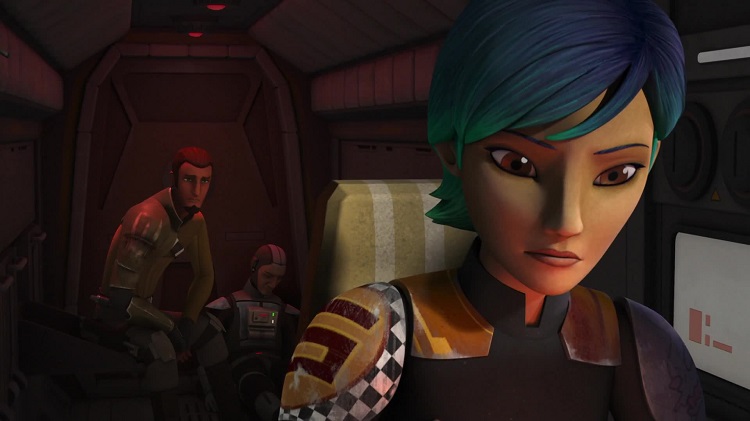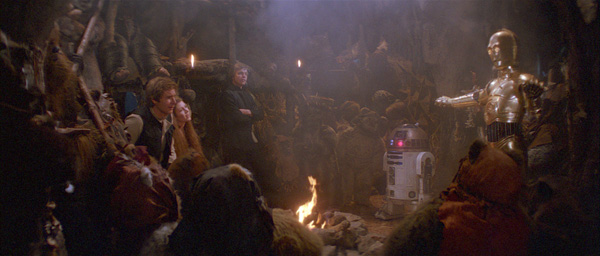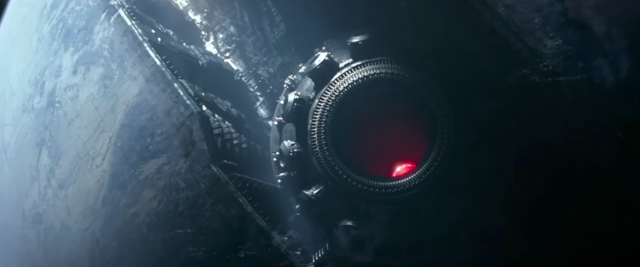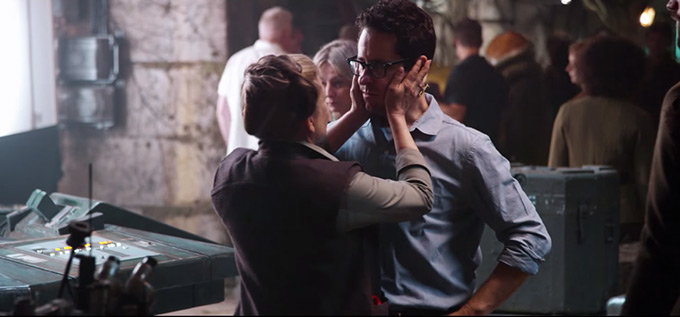
I remember reading with interest the rebirth of the Expanded Universe with the release of the Thrawn trilogy. We were going to find out what happened with our favorite characters. And I was sure that we were going to see the tales of adventure that two young Jedi would have – the adventures of Luke and Leia. Because, of course Leia would be a Jedi. That was basically Yoda’s dying request to Luke – “pass on what you have learned! There is another Skywalker!”
Zahn didn’t go that way. Leia had undergone some nominal training, but the realities of politics in a galaxy far, far away (literal politics – not gender politics but organizing a new galactic government) stood in the way. It actually was a theme of the trilogy – the fact that Leia wasn’t making time to learn, that Luke felt fears about training her. She did learn a bit. Zahn did a great job with that bit of character development. But then, in the rest of the EU, she just stopped learning. For something like twenty odd years. So many of the stories just wouldn’t move on to Leia finally becoming a Jedi.
Then we had The Force Awakens come out. J.J. Abrams has said that part of what drove the creation of the story was answering the question, “who is Luke Skywalker?” Fair enough – interesting entry point. But now things would be fixed, because surely, this time around, Luke would do what Yoda said and train his sister. Except, once again, those in charge of officially telling the story decided that Leia wasn’t going to be a Jedi. She’d be Force-sensitive – we see that in the film – but Leia appears to have purposefully not trained as a Jedi. Her talents thus remain latent, never reaching their full potential. Read More
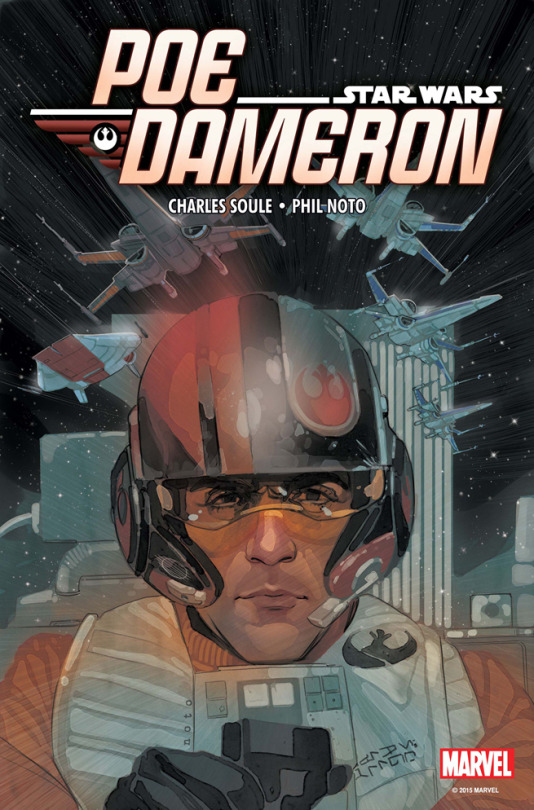 So,
So, 